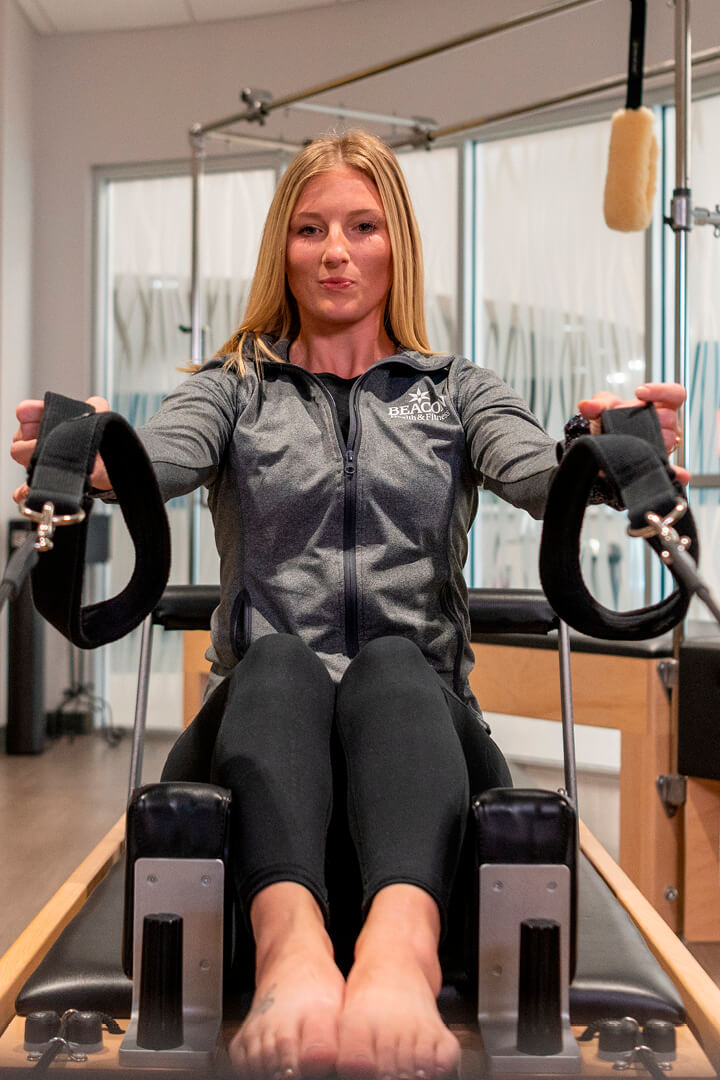[vc_row css_animation=”” row_type=”row” use_row_as_full_screen_section=”no” type=”full_width” angled_section=”no” text_align=”left” background_image_as_pattern=”without_pattern”][vc_column][vc_column_text css=”.vc_custom_1603899220337{padding-bottom: 25px !important;}”]Most people know massages are relaxing, but not many know how exactly massage effects our mental state. Several studies regarding the effect massage has on the brain and connection to anxiety and depression.
The most common discovery in massage research is the link between massage and decreased cortisol (a stress hormone) levels.1, 3, 4, 5, 6, 7 Cortisol fuels the body’s “fight or flight” instinct. Cortisol boosts energy so you can handle stress, manages how the body uses carbohydrates, keeps down inflammation, regulates blood pressure, increases blood sugar, and controls your sleep/wake cycle. But if levels are high for a long period of time, it can become a problem.
Constant stress can cause:
- Anxiety
- Depression
- Headaches
- Memory and concentration problems
- Trouble sleeping
- Weight gain
- Heart disease and more.
Massage can help lower cortisol levels to help the body get back to normal. A five week study observed the affects a 15 minute chair massage had on 26 adults versus a 24 adult control group asked to relax in a massage chair for 15 minutes. The study used EEG before, during, and after the first and last sessions. Additionally, the groups performed math computations, POMS Depression and State Anxiety Scales, and tested cortisol level in saliva before and after the sessions. In addition to lowering cortisol levels, the results showed the massage group experienced increased alertness, increased speed and accuracy on math computations, lower anxiety levels, and lower job stress scores.1
Cortisol is not the only chemical that plays a part in stress. Norepinephrine is another stress hormone. Dopamine helps regulate attention, learning, and emotional responses and plays a part in the reward system. Serotonin plays a part in regulating mood. They all play a role in stress. Massage helps to lower levels of anxiety and depressed mood, increase dopamine and serotonin levels, and decreased norepinephrine.6
In general, research supports massage therapy as effective part of treating anxiety and depression. 1, 2, 3, 6, 7 So when you are planning how to reduce stress, consider making massage a routine part of your self-care.
For more information about Beacon Health & Fitness Massage, CLICK HERE![/vc_column_text][vc_separator type=”normal”][vc_column_text css=”.vc_custom_1555524439874{padding-top: 25px !important;}”]Research Citations:
- Field, T., Ironson, G., Scafidi, F., Nawrocki, T.,Goncalves, A., Burman, I. , Pickens, J., Fox, N., Schanberg, S., & Kuhn, C. (1996). Massage therapy reduces anxiety and enhances EEG pattern of alertness and math computations. International Journal of Neuroscience, 86, 197-205.
- Diego, M.A, Field, T., Sanders, C., & Hernandez-Reif, M. (2009). Massage therapy of moderate and light pressure and vibrator effects on EEG and heart rate. International Journal of Neuroscience, 114, 31-44.
- Hernandez-Reif, M., Field, T., Krasnegor, J. & Theakston, H.(2000). High blood pressure and associated symptoms were reduced by massage therapy. Journal of Bodywork and Movement Therapies, 4, 31-38.
- Field, T., Grizzle, N., Scafidi, F., & Schanberg, S. (1996). Massage and relaxation therapies’ effects on depressed adolescent mothers. Adolescence, 31, 903-911.
- Sunshine, W., Field, T.M., Quintino, O., Fierro, K., Kuhn, C., Burman, I. & Schanberg, S. (1996). Fibromyalgia benefits from massage therapy and transcutaneous electrical stimulation. Journal of Clinical Rheumatology, 2, 18-22.
- Field T, Diego MA, Hernandez-Reif M, Schanberg S, Kuhn C. (2004). Massage therapy effects on depressed pregnant women. Journal of Psychosomatic Obstetrics & Gynecology, 25, 115-22.
- Field, T.M., Sunshine, W., Hernandez-Reif, M., Quintino, O., Schanberg, S., Kuhn, C., & Burman, I. (1997). Massage therapy effects on depression and somatic symptoms in chronic fatigue syndrome. Journal of Chronic Fatigue Syndrome, 3, 43-51.
[/vc_column_text][/vc_column][/vc_row]





